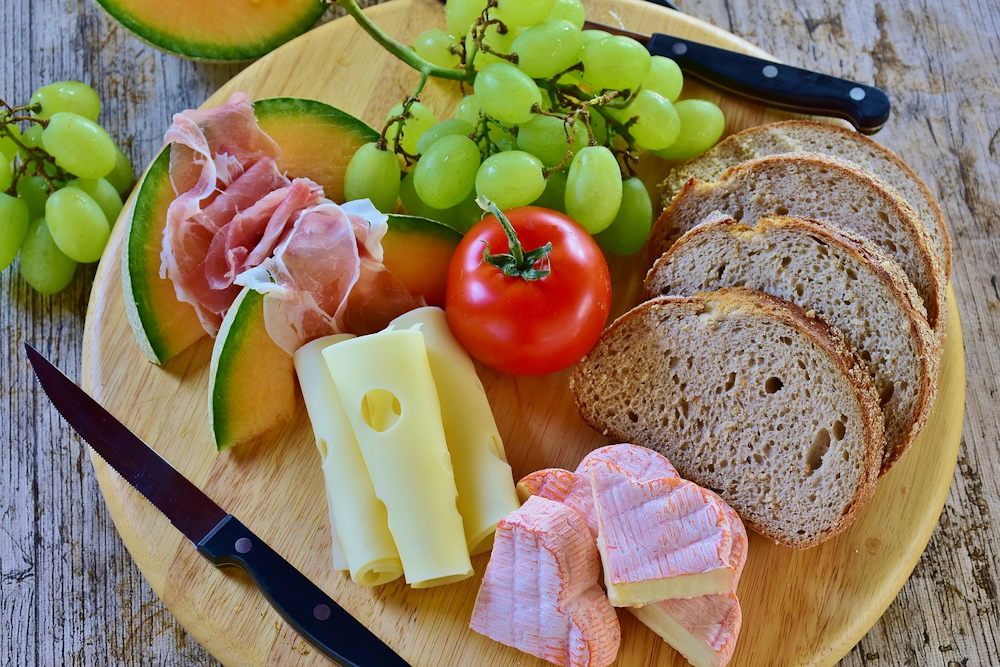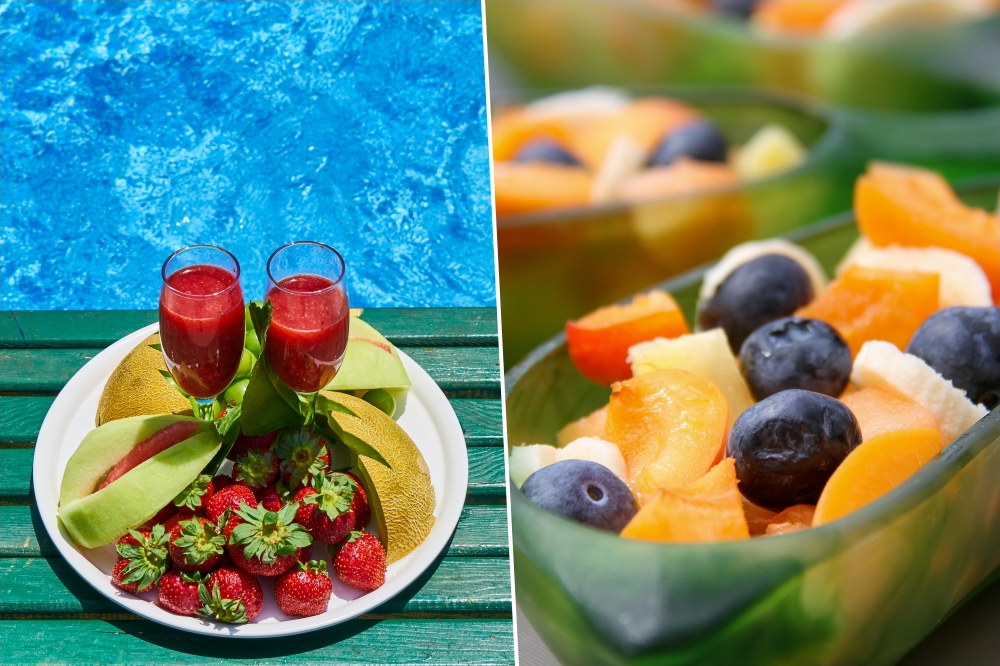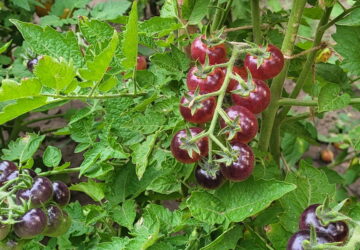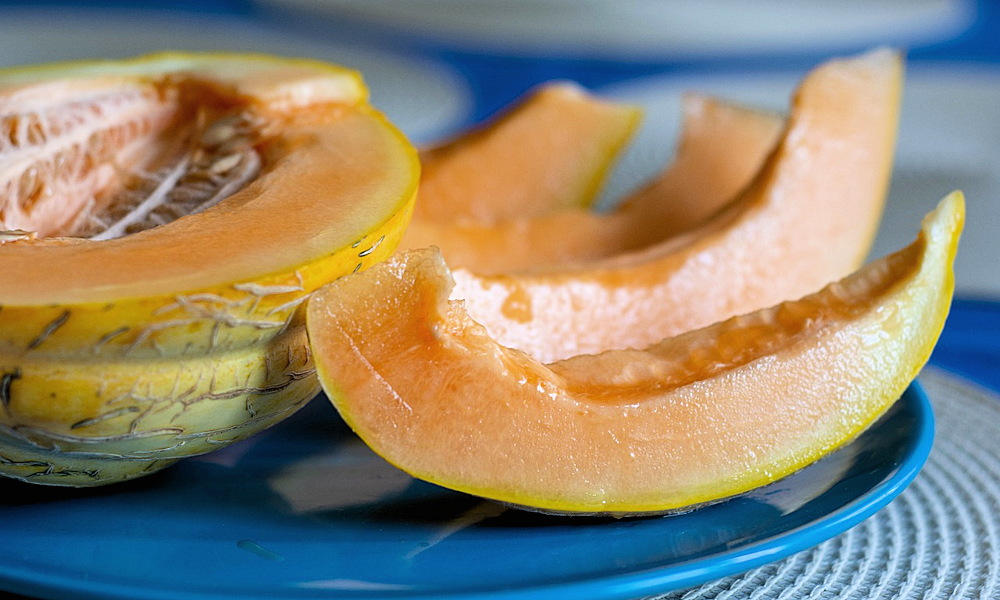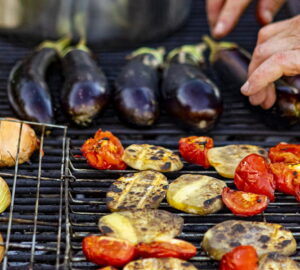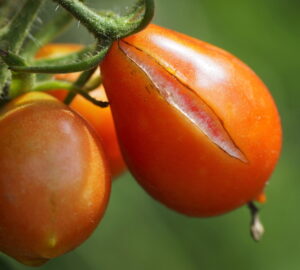Dive into the world of muskmelons as we unveil key cultivation techniques for success and offer tantalizing culinary inspiration. This article presents valuable tips for cultivating these delectable fruits and provides practical ideas to elevate your culinary creations. Discover the art of cultivating and utilizing muskmelons to enhance your gardening and culinary experiences.
In general, muskmelon is a broad term that encompasses various cultivars of Cucumis melo, including cantaloupes.
Cultivation Tricks
Proper Soil Preparation
Muskmelons thrive in well-drained soil with a pH between 6.0 and 7.0. Before planting, amend the soil with organic matter such as compost to improve its fertility and drainage. This helps promote healthy root development and overall plant growth.
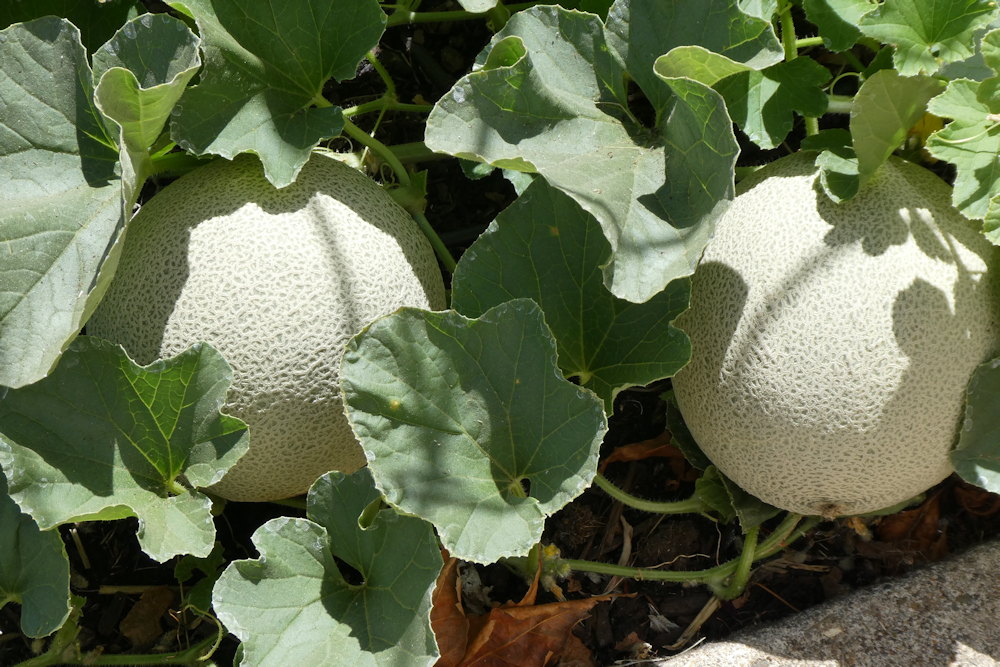
Adequate Sunlight and Warmth
Muskmelons are warm-season crops and require full sun exposure for a minimum of 6-8 hours per day. Ensure they are planted in a location that receives abundant sunlight and is protected from strong winds. Warm temperatures are crucial for optimal growth and fruit development.
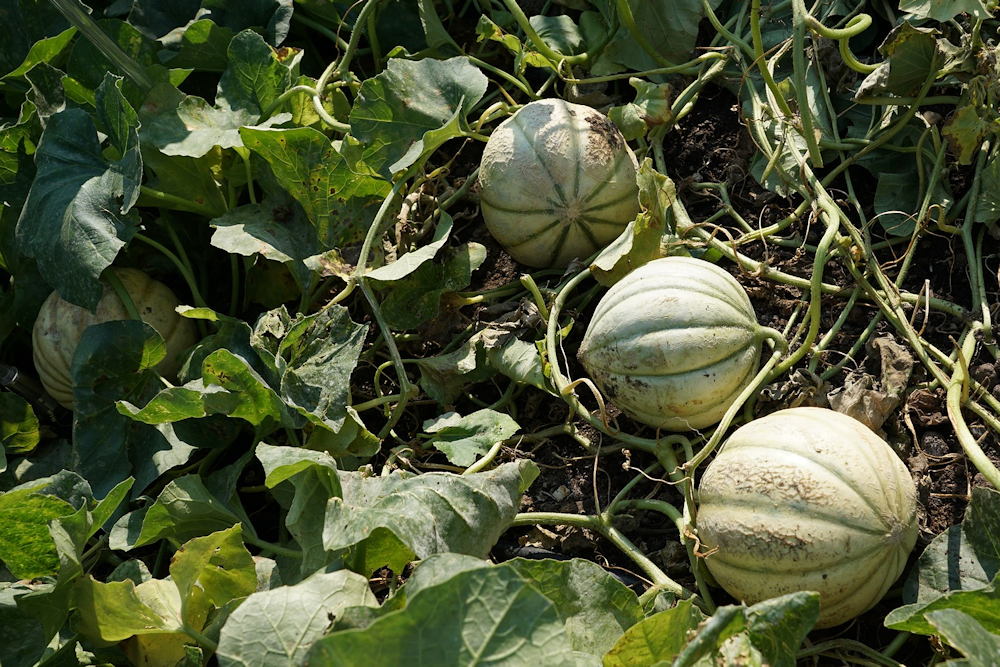
Adequate Watering and Mulching
Muskmelons have high water requirements, especially during fruit development. Provide consistent moisture by watering deeply but infrequently, aiming for about 1-2 inches of water per week. Mulching around the plants helps retain soil moisture, suppress weeds and maintain even soil temperatures.
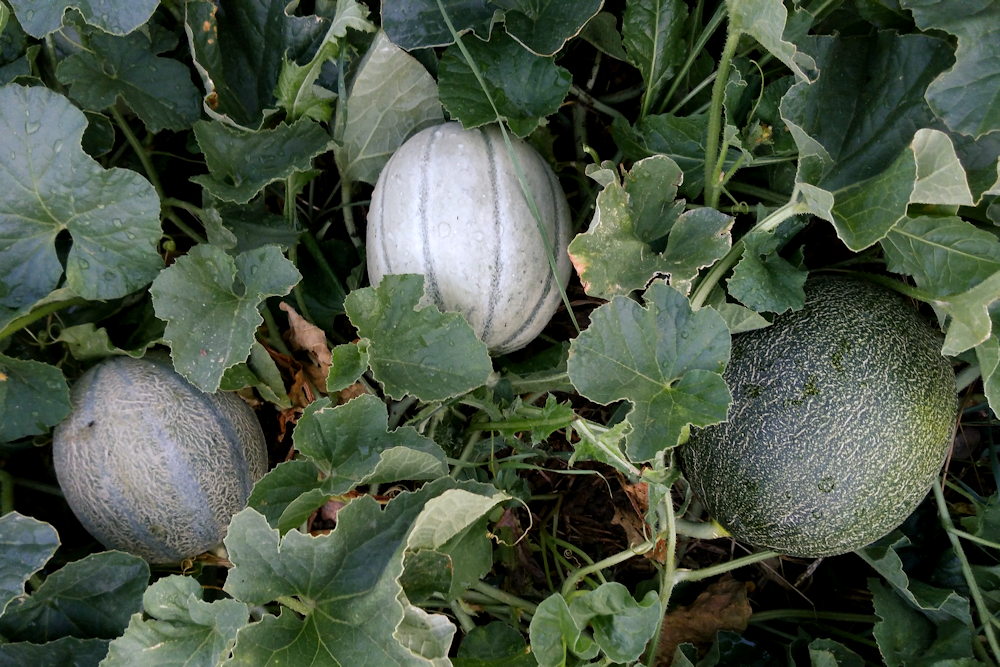
Pollination Assistance
Muskmelons require pollination for fruit set. Encourage pollinators such as bees to visit your garden by planting companion flowers nearby, like marigolds or bee balm. If pollinator activity is limited, you can hand-pollinate the flowers using a small brush or cotton swab to transfer pollen between male and female flowers.
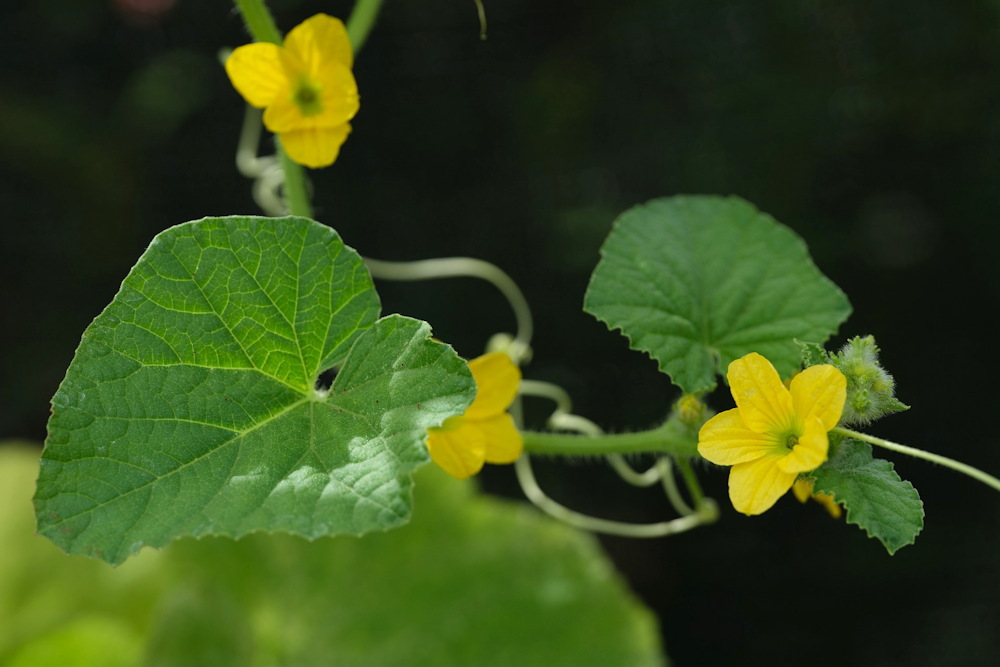
Culinary Tips
Harvesting at the Right Time
Muskmelons are best when they are fully ripe. Look for signs like slight softening of the stem end, the fruit easily detaching from the vine and a sweet aroma. Gently press the blossom end; if it gives slightly, it’s a good indication of ripeness. Harvesting too early may result in bland or underdeveloped flavor.
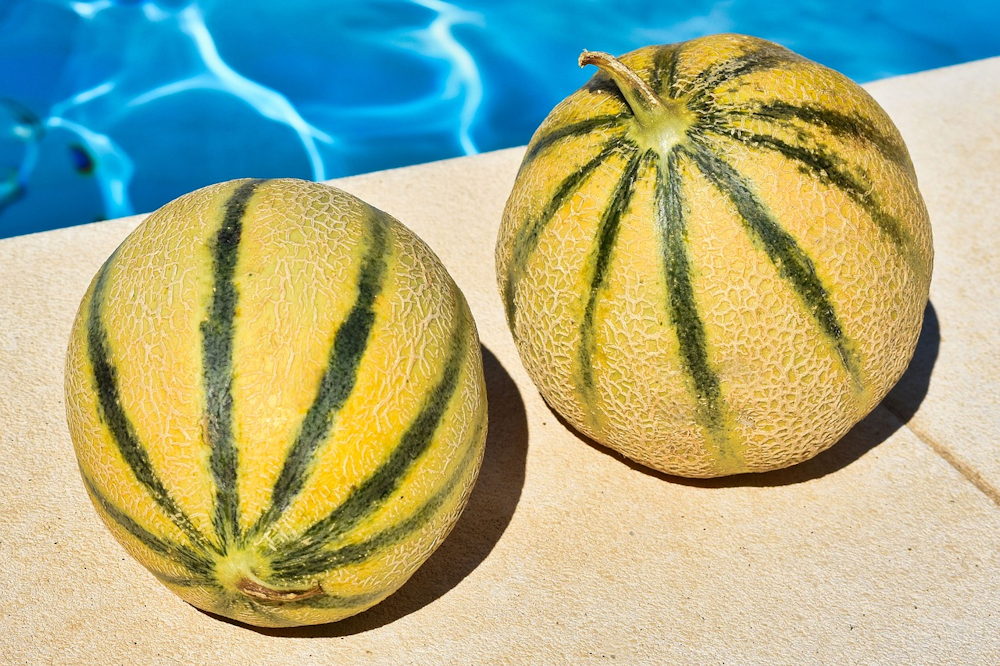
Versatile Culinary Uses
Muskmelons are incredibly versatile in the kitchen. Enjoy them fresh in fruit salads, smoothies or as a topping for yogurt. They can also be used in savory dishes such as chilled soups, salsas or grilled alongside meats for a delightful contrast of flavors.

Complementary Flavors
Muskmelons pair well with various flavors. Enhance their natural sweetness by combining them with tangy ingredients like lime or lemon juice. For a savory twist, try adding a sprinkle of salt, a dash of balsamic vinegar or a drizzle of honey to create a unique flavor profile.
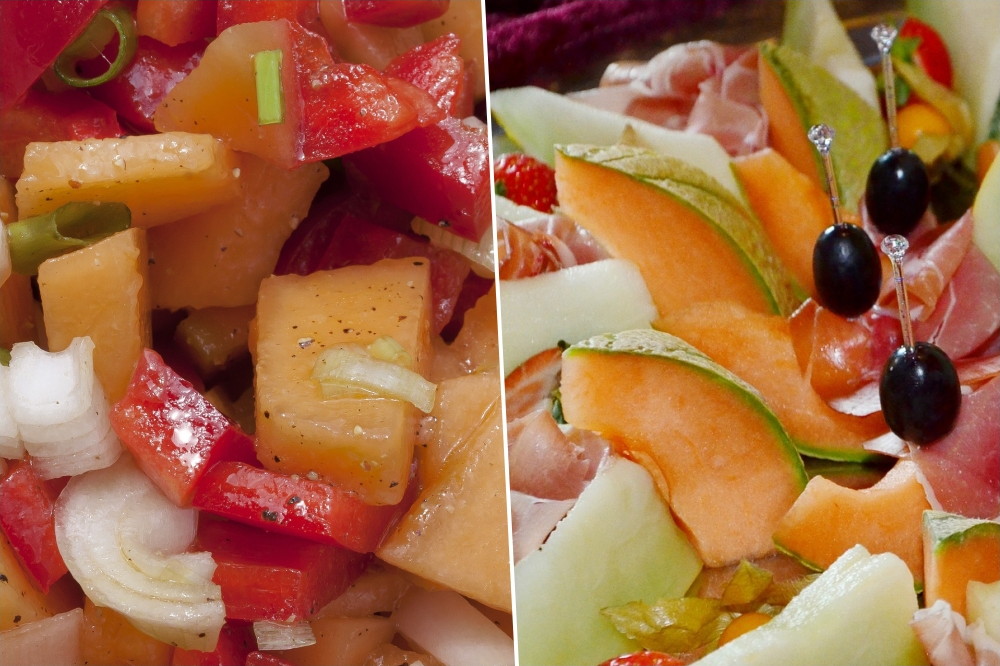
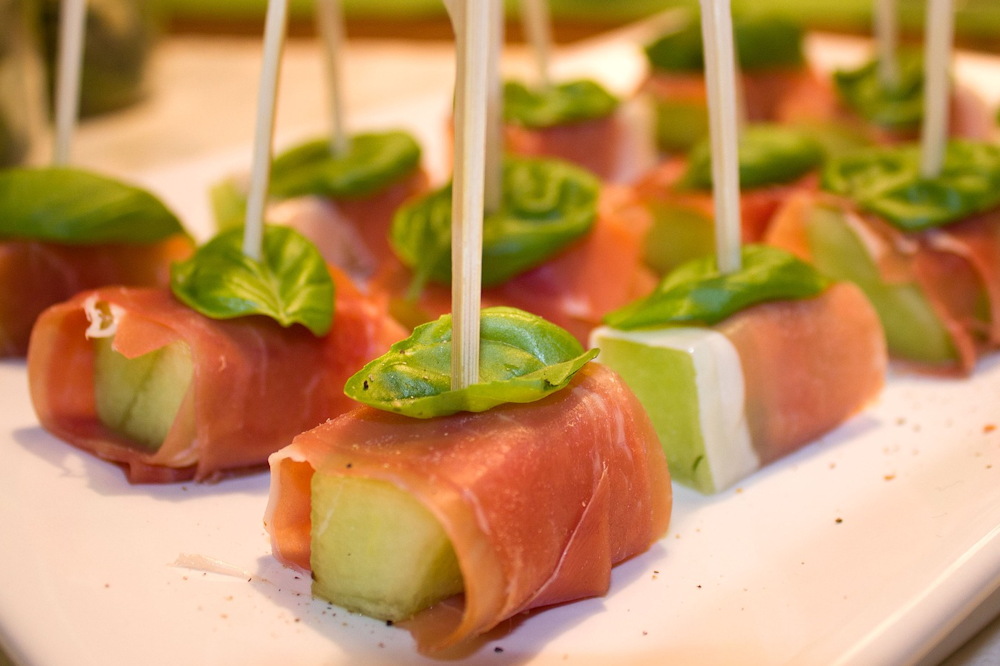
Freezing and Preserving
If you have an abundance of muskmelons, consider freezing them for future use. Cut the melon into cubes or balls, lay them in a single layer on a baking sheet, and freeze until firm. Transfer the frozen pieces to airtight containers or freezer bags. Frozen muskmelon can be used in smoothies or thawed and enjoyed as a refreshing treat.
